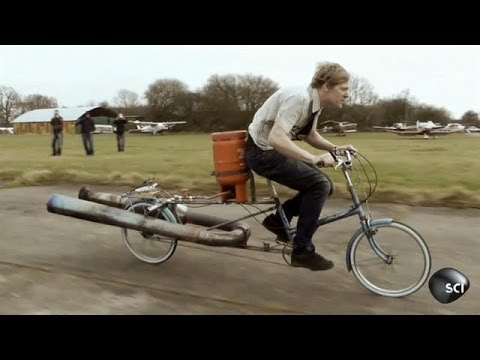TR
Points Scorer
Really? The energy density of batteries has increased by an order of magnitude over the last two decades, and will in all likelihood continue to grow more in the future. Without this advance electric powered cars (beyond golf carts) would be completely unviable due to weight constraints.TR I assume you are talking about batteries? it's just as canis said some technology progresses fast others slow. Batteries are very much in the slow bracket. Batteries have changed very little since the lead acid versions. You talk of small mobile ones yet the battery life is still shit, most of the extra life is from more efficient screens etc.
At the same time recharge rates have been going down at a spectacular rate.
Hydrogen seems like an easy simply way of transporting potential energy.
I don't see the unstable argument being relevant. Its just a design process to make the storage safe. Petrol isn't exactly a safe liquid yet we are all happy to drive very fast with a big tank full of the stuff, because the tanks are 'safe'
Hydrogen also comes with a lot of disadvantages. A lot of these are similar to the current disadvantages of LPG, including:
* Low energy per volume means the need for a very large tank.
* The tank needs to be kept under high pressure, meaning increased risk in a collision
* Extremely flammable (much more so than petrol, not to speak of diesel)
On top of that come:
* Not very efficient to produce.
* Cost of transport
I am not saying that hydrogen won't make it as a technology. However, with the advancements being made in battery technology it is far from obvious to me that it will be the only game in town. We may will see that for urban traffic, batteries stay the energy carrier of choice.




